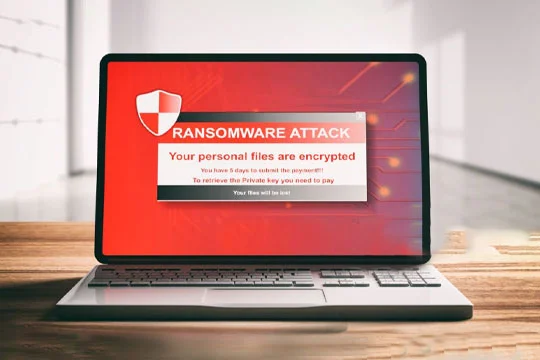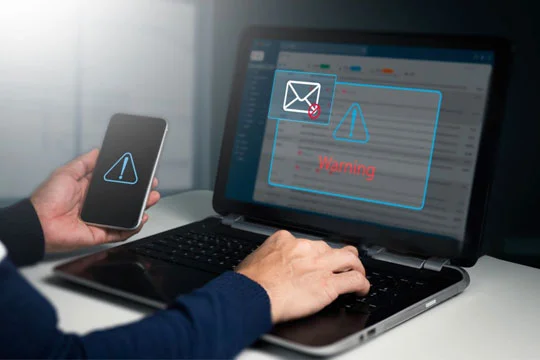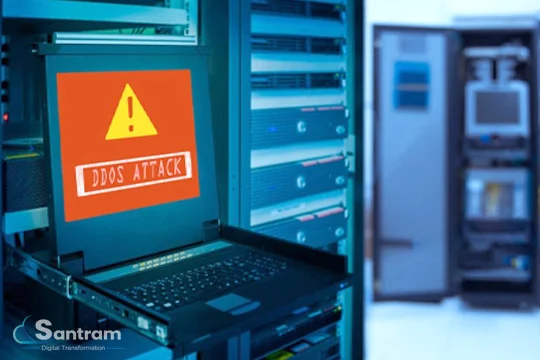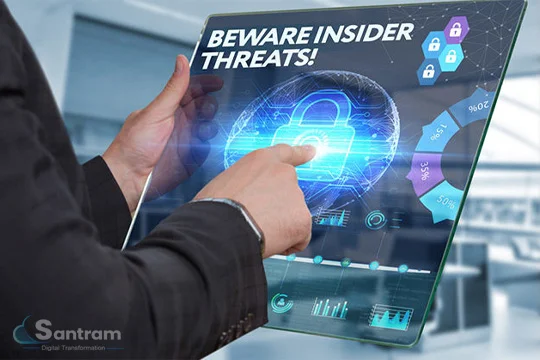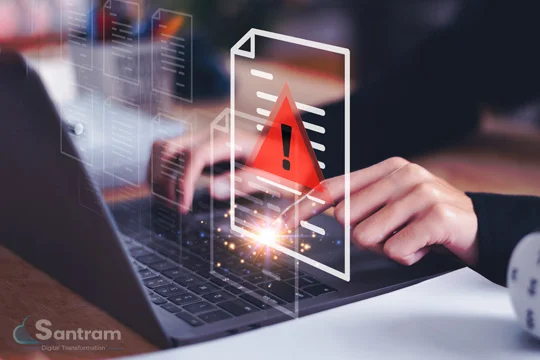What is Cyber Security?
The cyber security is a process of protecting the user's system, their wide range of networks, the programs from the different digital attacks. The user here works with the effective and the tested cyber security measures to eliminate the chances of data breech or the other damaging components entering the user's system.
Cyber security is the new normal for almost all businesses, as it works as the essential component for the users growing business venture. Cybersecurity incorporates a wide range of advanced technologies, follow the best business practices, and helps the user to equally design the effective policies which may help the user to safeguard all their digital assets in the long run.
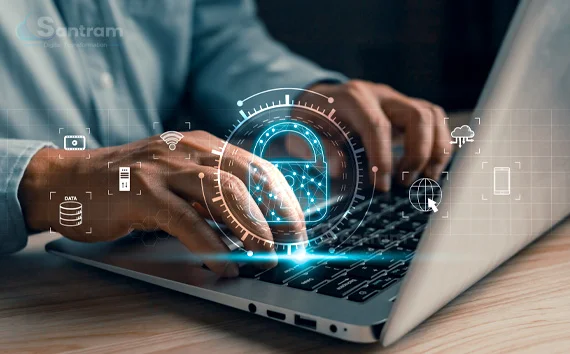
 Reputation Management
Reputation Management Data Protection
Data Protection Business Continuity
Business Continuity Regulatory Compliance
Regulatory Compliance Financial Security
Financial Security
